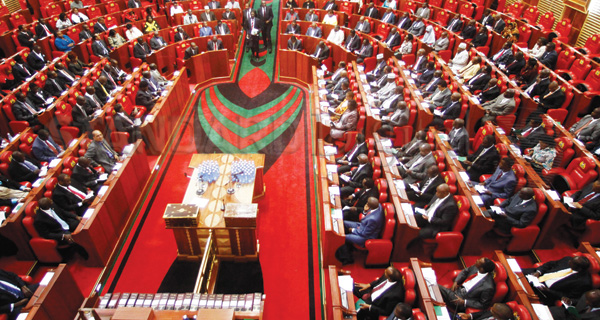×
The Standard e-Paper
Smart Minds Choose Us
 |
| SRC and MPs on Monday struck a deal to pay the legislators Sh532,500[Photo:File/Standard] |
By Luke Anami
Kenya: Details of a meeting that led to Members of Parliament abandoning their crusade for more pay have emerged.